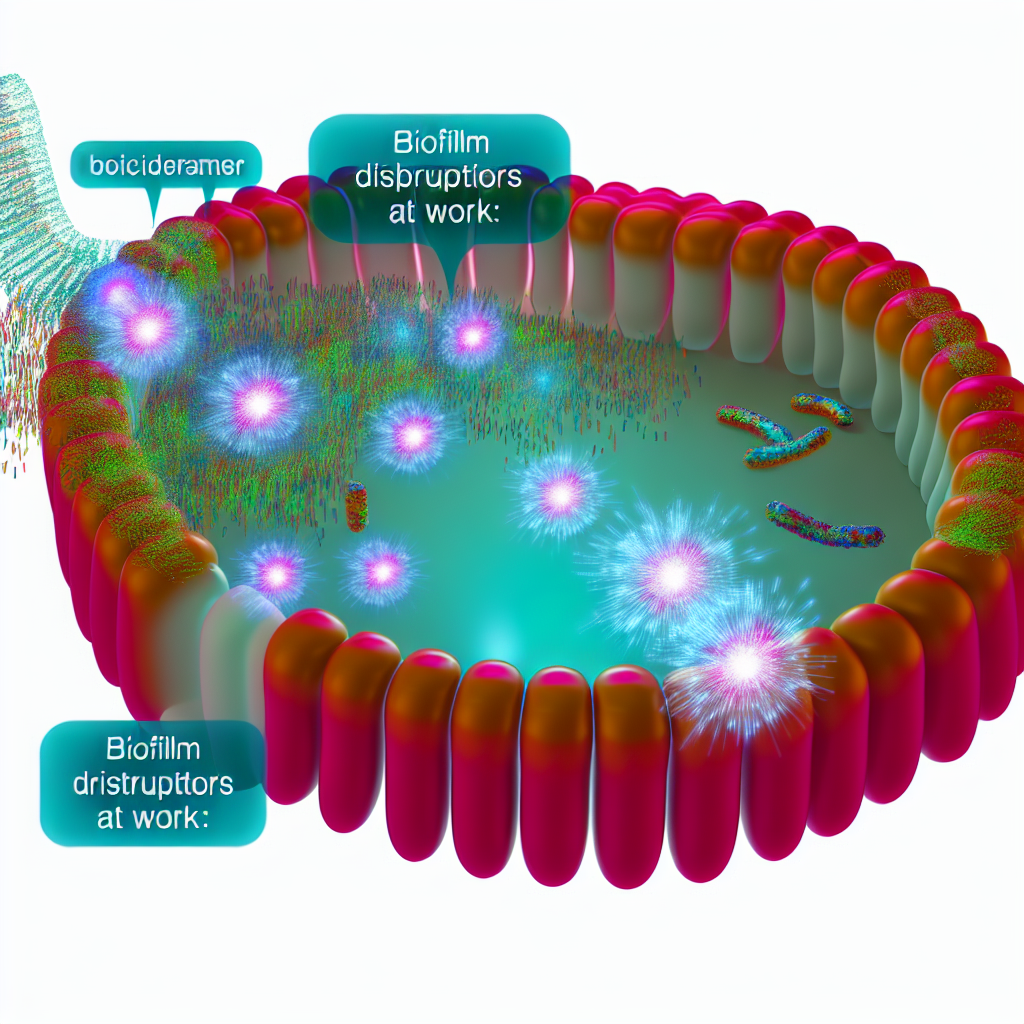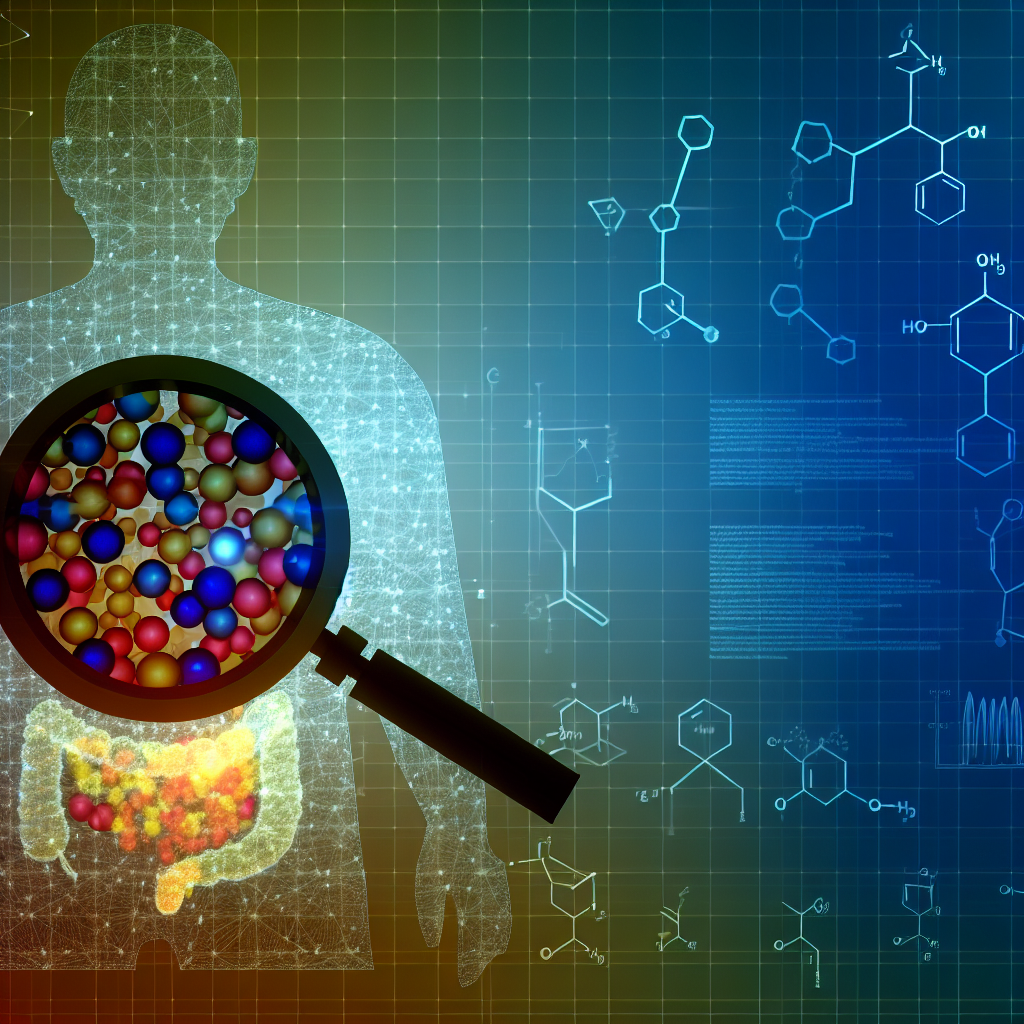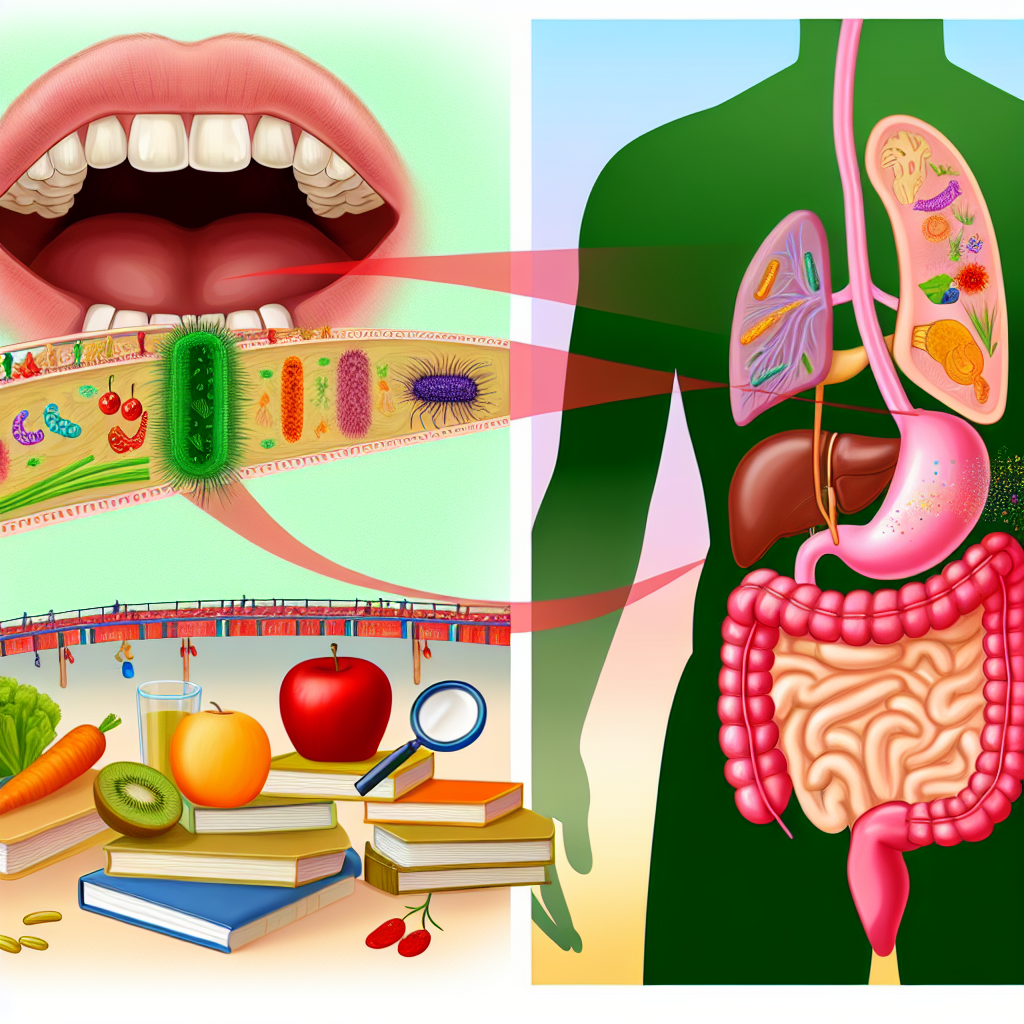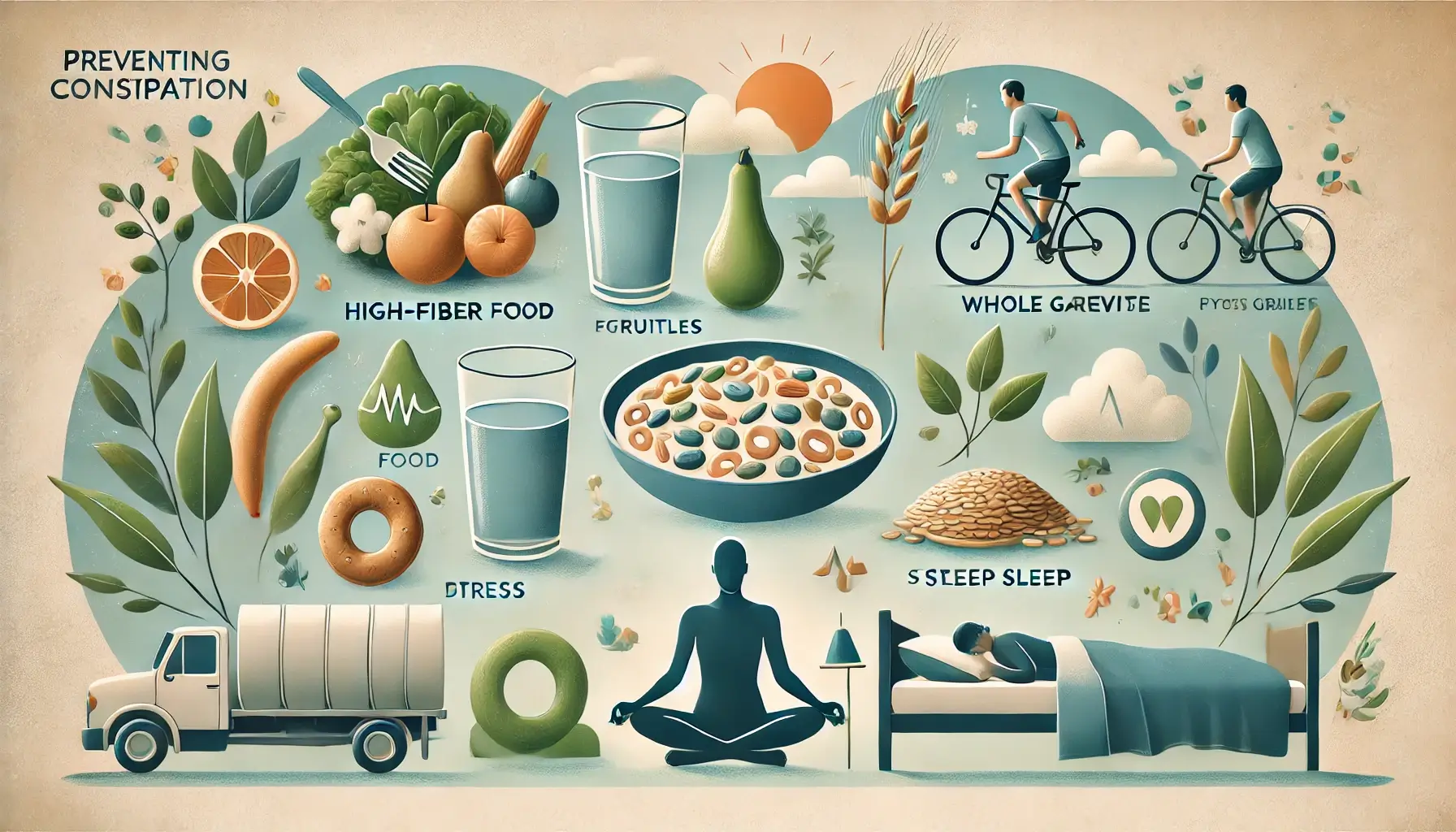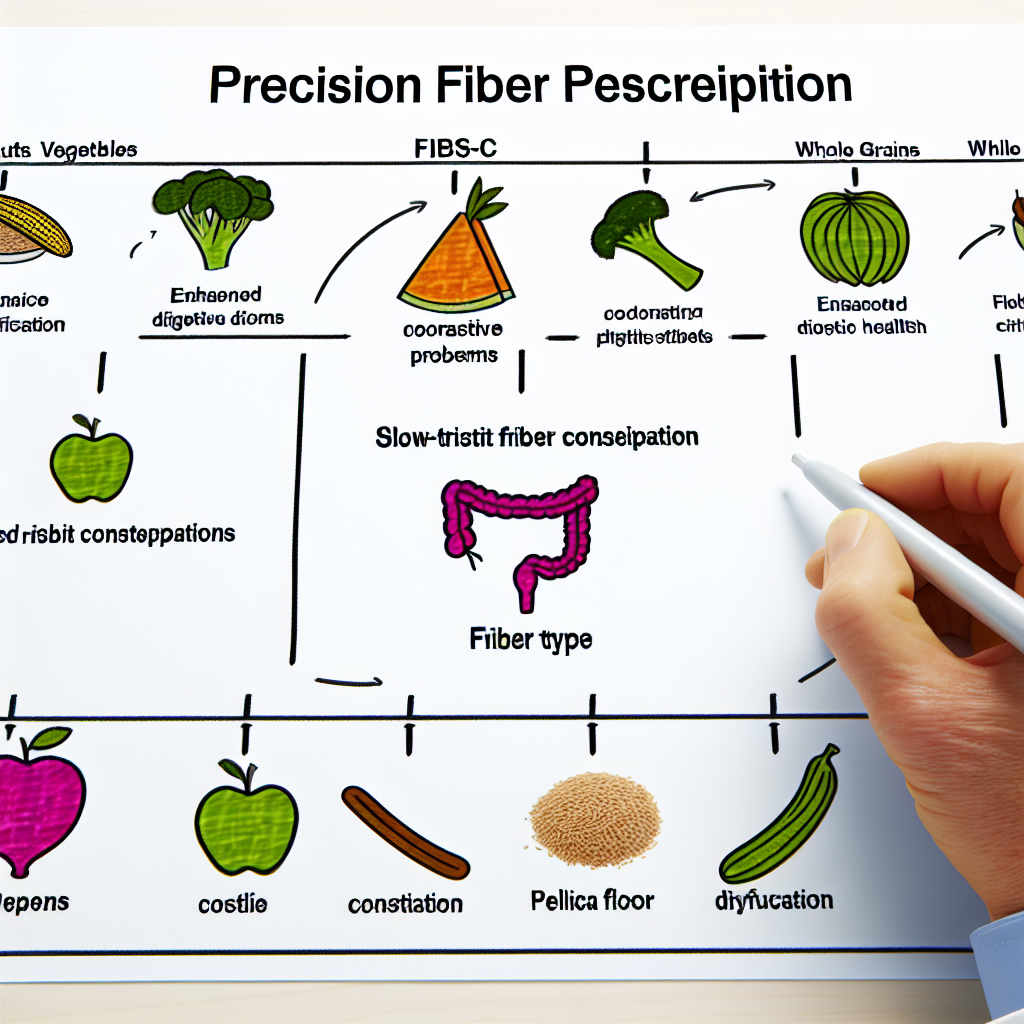Biofilm Disruptors: Breaking Down Bacterial Colonies in Digestive Disorders
Introduction: The Hidden Threat of Bacterial Biofilms in Digestive Health
The gut is a complex ecosystem where trillions of microbes live symbiotically, aiding digestion, immune function, and overall health. However, sometimes harmful bacteria form protective structures known as biofilms, which can contribute to chronic digestive disorders. Biofilms are thick, adhesive layers that shield bacterial colonies from antibiotics, immune system responses, and even natural treatments. These bacterial strongholds can exacerbate gut imbalances, leading to conditions like Small Intestinal Bacterial Overgrowth (SIBO), Irritable Bowel Syndrome (IBS), and inflammatory bowel diseases (IBD) such as Crohn’s disease and ulcerative colitis.
One of the major challenges in treating these conditions is the resilience of biofilms. Because biofilm-encased bacteria are up to 1,000 times more resistant to treatments than free-floating bacteria, breaking them down is crucial for restoring gut balance. Traditional antibiotics often fail to penetrate biofilms effectively, meaning that infections can become recurrent or chronic. Furthermore, the overuse of antibiotics can disrupt the delicate gut microbiome and contribute to antibiotic resistance.
This is where natural biofilm disruptors come into play. Certain herbs, enzymes, and natural compounds have been studied for their ability to break down the polysaccharide and protein matrices that protect bacterial colonies. By dismantling biofilms, these natural disruptors help expose bacteria to the immune system and antimicrobial treatments, facilitating more effective eradication.
In this article, we explore the research-backed biofilm disruptors that can be used to support digestive health. From enzymes like nattokinase and serrapeptase to plant-derived compounds such as berberine, garlic extract, and cranberry polyphenols, there is a growing body of evidence suggesting that nature offers powerful tools against bacterial biofilms. Understanding how these natural agents work and incorporating them into a gut health regimen can be a game changer for individuals struggling with persistent digestive issues.
Scientific Studies on Natural Biofilm Disruptors
Powerful Enzymes: Serrapeptase and Nattokinase
Serrapeptase and nattokinase are proteolytic enzymes with documented biofilm-disrupting properties. A study published in *Antibiotics* (2020) found that serrapeptase significantly reduced biofilm formation in antibiotic-resistant bacteria. By breaking down fibrin and other proteins within the biofilm matrix, these enzymes enable the immune system and antimicrobial agents to penetrate and eliminate pathogenic bacteria.
Nattokinase, derived from fermented soybeans, also demonstrates fibrinolytic activity, helping to degrade biofilm structures that harbor harmful gut bacteria (Leech et al., 2019). These enzymes not only break down biofilms but also support vascular and immune health, making them an excellent addition to gut health protocols.
Garlic Extract (Allicin): A Potent Antimicrobial and Biofilm Disruptor
Garlic (Allium sativum) has long been used for its antimicrobial properties. A 2021 study in the *Journal of Functional Foods* reported that allicin, the primary bioactive compound in garlic, effectively disrupted bacterial biofilms.
Allicin targets the sulfur bonds in biofilm structures, weakening bacterial colonies and making them more susceptible to treatment. Researchers observed that combining allicin with probiotics improved gut microbiota balance, which is essential for reducing pathogenic overgrowth (Lihua et al., 2021). Adding garlic extract to your supplement regimen may provide additional defense against biofilm-protected pathogens in the digestive tract.
Berberine: A Plant Alkaloid with Anti-Biofilm Properties
Berberine, a natural alkaloid found in plants such as goldenseal (Hydrastis canadensis) and barberry (Berberis vulgaris), has been widely studied for its antimicrobial effects.
Published research in *Microbial Pathogenesis* (2018) demonstrated that berberine not only inhibits bacterial adhesion but also degrades existing biofilms. Its ability to modulate gut flora while suppressing pathogenic biofilms makes it a promising option for individuals suffering from digestive conditions linked to dysbiosis (Wang et al., 2018).
Berberine is also known for its benefits in blood sugar regulation and metabolic health, making it a multi-functional supplement.
Cranberry Polyphenols: Nature’s Defense Against Biofilms
Cranberries contain proanthocyanidins (PACs), a class of polyphenols shown to prevent bacterial adhesion to intestinal and urinary tract surfaces.
A study in *Scientific Reports* (2020) found that cranberry PACs reduced biofilm formation by disrupting bacterial communication pathways, known as quorum sensing. By preventing bacteria from signaling to each other, PACs limit the ability of harmful bacteria to form biofilms in the first place (Xiao et al., 2020).
By incorporating cranberry extract or whole cranberries into the diet, individuals may help prevent bacterial colonization and support overall gut and urinary tract health.
Quercetin and Curcumin: Anti-Inflammatory Biofilm Disruptors
Quercetin and curcumin are flavonoids with known antioxidant and anti-inflammatory benefits. Evidence from *Frontiers in Cellular and Infection Microbiology* (2019) suggests that these compounds interfere with biofilm integrity through enzyme inhibition and oxidative stress mechanisms.
Their ability to reduce gut inflammation while impairing bacterial biofilm formation holds promise for individuals with chronic digestive disorders (Kuznetsova et al., 2019). Since inflammation often worsens gut conditions such as IBS and IBD, supplementing with these flavonoids may provide dual benefits in gut repair and pathogen control.
Conclusion: Harnessing the Power of Nature for Gut Health
Overcoming bacterial biofilms is essential for those dealing with chronic gut health issues, as these structures protect harmful bacteria from antibiotics and immune defenses. Natural biofilm disruptors, such as serrapeptase, nattokinase, allicin, berberine, cranberry polyphenols, quercetin, and curcumin, offer promising alternatives for breaking down stubborn bacterial colonies.
These compounds not only weaken biofilms but also promote a healthier gut microbiota, reducing the risk of persistent infections and digestive discomfort. Given the rising concerns over antibiotic resistance and microbiome disruption, integrating natural biofilm disruptors into gut health protocols is a forward-thinking approach.
However, before starting any new supplement regimen, individuals should consult with a healthcare professional, especially if they are managing an underlying medical condition or taking medication. By leveraging the power of nature, individuals can take a proactive stance in supporting their digestive health and overall well-being.
**Summary:**
The article explores the use of natural biofilm disruptors, such as enzymes, plant extracts, and polyphenols, to break down bacterial colonies and support digestive health. It covers the research behind compounds like serrapeptase, nattokinase, garlic extract, berberine, cranberry polyphenols, quercetin, and curcumin, which have demonstrated the ability to weaken and dismantle biofilms. By incorporating these natural agents into a gut health regimen, individuals can help expose harmful bacteria to treatment and restore a balanced gut microbiome, potentially alleviating conditions like SIBO, IBS, and IBD.
**References:**
– [Leech et al., 2019](https://www.mdpi.com/journal/antibiotics)
– [Lihua et al., 2021](https://www.sciencedirect.com/journal/journal-of-functional-foods)
– [Wang et al., 2018](https://www.sciencedirect.com/journal/microbial-pathogenesis)
– [Xiao et al., 2020](https://www.nature.com/srep)
– [Kuznetsova et al., 2019](https://www.frontiersin.org/journals/cellular-and-infection-microbiology)

Dominic E. is a passionate filmmaker navigating the exciting intersection of art and science. By day, he delves into the complexities of the human body as a full-time medical writer, meticulously translating intricate medical concepts into accessible and engaging narratives. By night, he explores the boundless realm of cinematic storytelling, crafting narratives that evoke emotion and challenge perspectives.
Film Student and Full-time Medical Writer for ContentVendor.com
